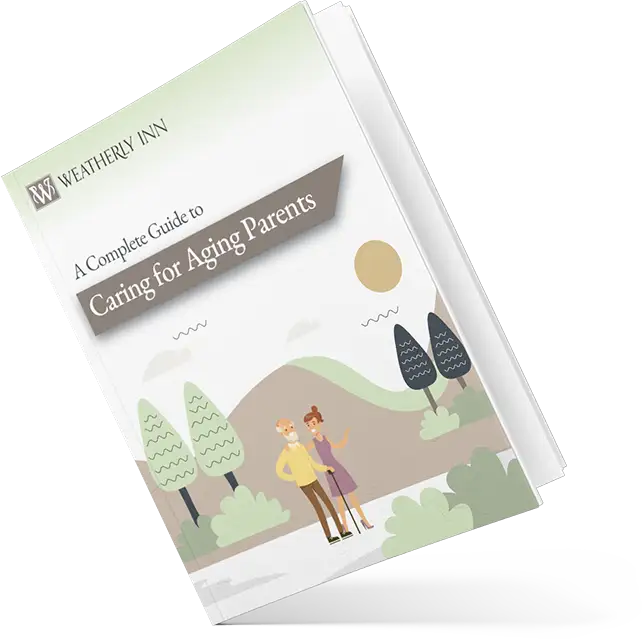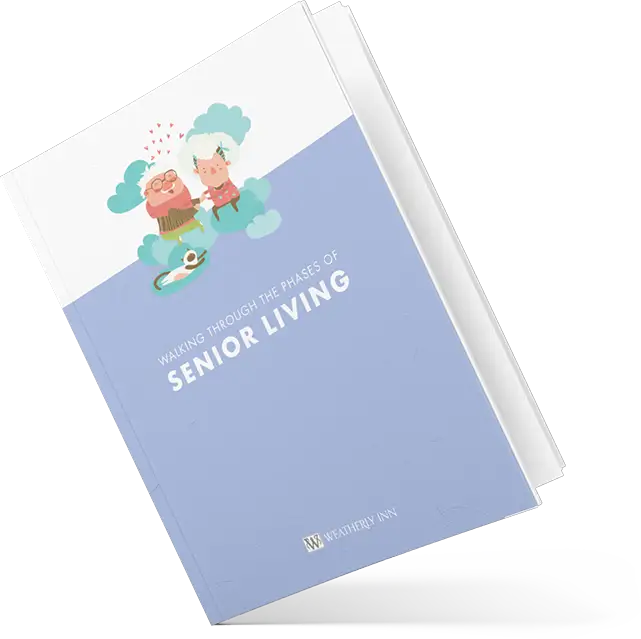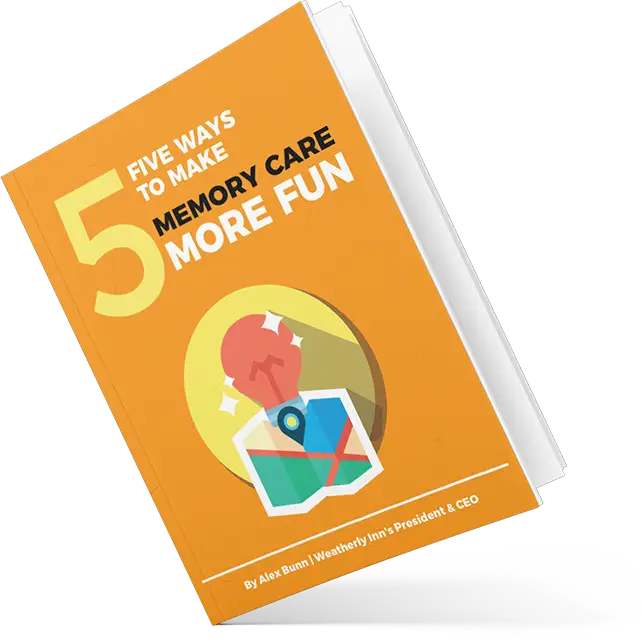July 30, 2024
When you or a loved one can no longer lead a completely independent life, you may wonder if you or the person in question needs to move to a nursing home. However, that’s not the actual choice you’ll face because the “nursing homes” that people tend to think of are often stereotypes. There are nursing homes, but they’re not what people think they are, and you’ve got so many more choices for long-term care that may be more suitable, including assisted living. In fact, when you look into the assisted living vs. nursing home debate, you could find that your future looks a lot more independent than you would assume.
How Assisted Living Differs From “Nursing Homes”
The “nursing home” in popular culture is a place where older people go when they can’t care for themselves and when their family is unable to help them. It’s sometimes thought of as a not-so-nice place or a hospital-like setting that could be depressing, isolating, and infantilizing. It’s sometimes used as a symbol for families who just don’t care about their loved ones.
This is different from what nursing homes are actually like. In reality, a “nursing home” is just one of several different types of long-term care facilities that offer different levels of care. They’re meant to help people whose medical needs can no longer be met at home or in a senior living community.
Generally, when you look at the types of long-term care, you find these options plus a few others, including:
- Independent living: This is for people who are still independent and want to be in a more supportive community with more social opportunities for their age group. People usually think of these as active adult communities and retirement communities.
- Assisted living: These are residential homes for people who are mostly independent but who need help with some activities of daily living and who want to be in a community with resources and social opportunities instead of being isolated at home with only occasional help from home health nurses and aides.
- Skilled nursing facility: These are essentially rehab facilities (although some can care for people for an extended length of time if their care needs demand it) for people who need round-the-clock care while recovering from a health issue. Note that “skilled nursing facility” is sometimes used to describe nursing homes.
- Nursing home: A somewhat outdated term for long-term care facilities for people who need round-the-clock, medical and non-medical care indefinitely. People whose care needs are too great for assisted living and who aren’t looking at recovery from their health issues would normally live in one of these homes.
- Memory care: This is custodial care for people with Alzheimer’s or another form of dementia.
- Respite care: Short-term care meant to give caregivers a break. If you’re caring for a relative at home, for example, and you don’t want them to move into a facility, but you’re overwhelmed with their care and everything else going on in your life, you could have them go to respite care. Durations vary but can be anywhere from a day to a few weeks, depending on the community.
You can see that just having some issues with living independently doesn’t mean you’re going to have to go into a “nursing home.” Most people’s care needs qualify them for assisted living, where you’ll be encouraged to be as self-sufficient as possible while still getting the support you need to live comfortably. Typically, residents in assisted living facilities might need help taking their medication or getting dressed, and they may have some mobility issues.
Assisted living facilities have plenty of activities to keep residents engaged and their minds and bodies as healthy as possible. Meals are cooked in an on-site kitchen and usually eaten in a dining room. Residents can usually eat their meals in their rooms if they prefer, and many living spaces have kitchens or small kitchenettes. Social interaction is encouraged, although you can choose not to participate if you think that’s more appropriate for your day.
Why an Environment That Promotes Independence Benefits Residents
If your care needs are not great enough for skilled nursing or a more intense level of residential care, you may find those facilities pointing you toward assisted living. This is good as assisted living promotes being as self-reliant as possible, given the state of your health. The social connections and classes at assisted living facilities help seniors stay healthier for a longer time, both physically and mentally. And, being somewhere that encourages you to be independent can change your perception of yourself and your future. It’s one thing to say you need help with X number of activities but that you’re otherwise fine, and quite another to turn your need for help into your identity. You’ll see a greater benefit by being surrounded by people who support your efforts to live your life to the fullest.
Assisted Living vs. Nursing Home: Choosing Your Level of Care at Weatherly Inn
Assisted living promotes staying physically and emotionally well. It focuses on ensuring residents live as fully as possible in every aspect of their lives and aims to support mental and physical well-being, and not just physical survival. It provides enough supervision that residents should always have help when they need it while making sure they are encouraged to do as much as they can on their own. Assisted living is where residents can thrive and live a happy life. The assisted living vs. nursing home debate shouldn’t be an issue if you’re not in need of more intensive care.
Weatherly Inn provides assisted living services that allow residents to keep active and be engaged in their lives. If you’ve been looking at the assisted living vs. nursing home comparison and have realized that assisted living would be a better choice, contact us to learn more about the levels of care available in the Tacoma, Renton, and Kent communities, and to arrange for a tour.



